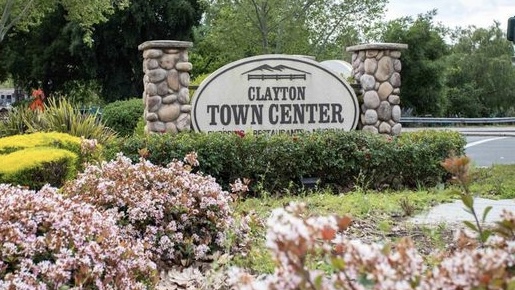Students should act on Obama’s plans
February 5, 2014
The year 2014 appears to be the year of leveling opportunity.
In his State of the Union Address on Jan. 28, President Obama attempted to rally support for policies that will help strengthen the middle class. With his main goal being the building of “ladders of opportunity into the middle class,” the president pushed for high hopes that his administration’s agenda will be achieved.
For DVC students, the goals of the State of the Union are indeed ideal for tackling the rising costs of living and tuition. While many of these ideas are idealistically possible to legislate, a large majority of these propositions will face large amounts of scrutiny by conservatives and economists worried about tampering with the free market.
The president stressed that all levels of education need reform, and the availability for higher education should rest on academic achievement rather than financial worth.
One of his strategies is a call for attacking student loan debt. He urged reform in the handling of student loans, while proposing a cap on monthly payments for student loans to only 10 percent of the individual’s monthly income.
DVC students should find this proposal to be one of the most rewarding objectives of the next year, but such action will more than likely encounter much resistance in the House of Representatives.
Furthermore, according to John Sandman of Mainstreet.com, it seems that the president’s comments might specifically refer to federal loans, not to private loans. To extend the reform to all kinds of loans will require crucial, wide-spread support of the Congress. However, noting again the party-line split of both houses, bilateral support for this type of measure will hardly exist.
Another important point for DVC students is the president’s declaration that he will use an executive order to raise the minimum wage for federal workers to $10.10.
While hoping that his fellow politicians in Washington would work together to create legislation on the issue, the president made clear, as he did repeatedly throughout the address, that such legislation would meet tough opposition.
As controversial and politically divisive as the funding for the Affordable Care Act was and still is, a mere mention of a higher minimum wage will evoke a massive backlash from the fiscally conservative.
The strongest demographic that can be won in this fight is the student population. According to the Center for Information and Research on Civic Learning and Engagement, 51 percent of the youth demographic (18-29) voted in the 2008 election, compared to the mere 24percent that voted in the 2010 midterms.
I will not go into my own thoughts as to why these statistics are what they are. But what I do know is that as a demographic, students make up around 15 percent of the electorate. Students are a major plurality in districts and in states with upcoming elections.
What does this have to do with the State of the Union?
The president knows he faces an uphill battle this year, with a midterm election that will most likely overtake every important issue the Congress will endlessly debate. So he is following the example that conservatives constructed with the Tea Party Movement following his first election.
He is going to try to appeal to the electorate rather than his fellow politicians. By signaling that the responsibility to help the middle class is being neglected by a bickering Congress, the president has moved to recreate the kind of feverish effect that Gay Marriage has had on the state level.
Students are the golden resources that await use. If we create uproar and pursue an agenda as a collective group that threatens to sway an election, then the eyes of Washington will fall upon us.
Disregarding my bias, students should be advancing whatever cause they believe is right, and should create local groups that connect with other colleges and universities in the city, county, state and nation.
We can decide who will represent us and what they will pursue as our representatives. That is the fundamental aspect of being a democratically elected representative.
And as the President’s State of the Union attempts to convey, it’s our time to take the reins of change and make our futures better.







































































